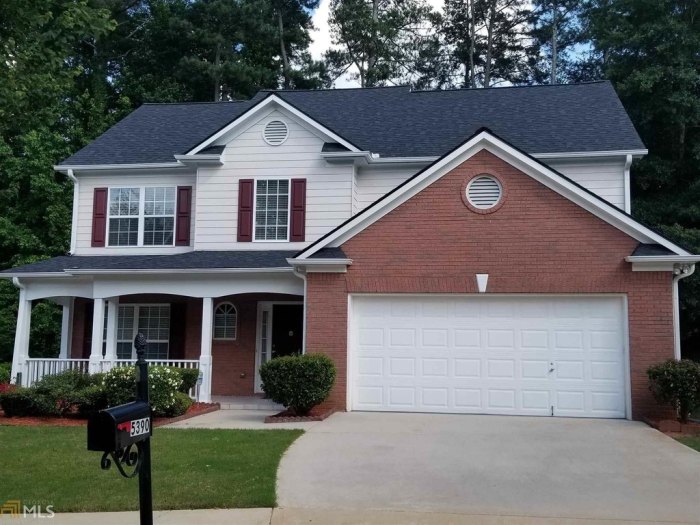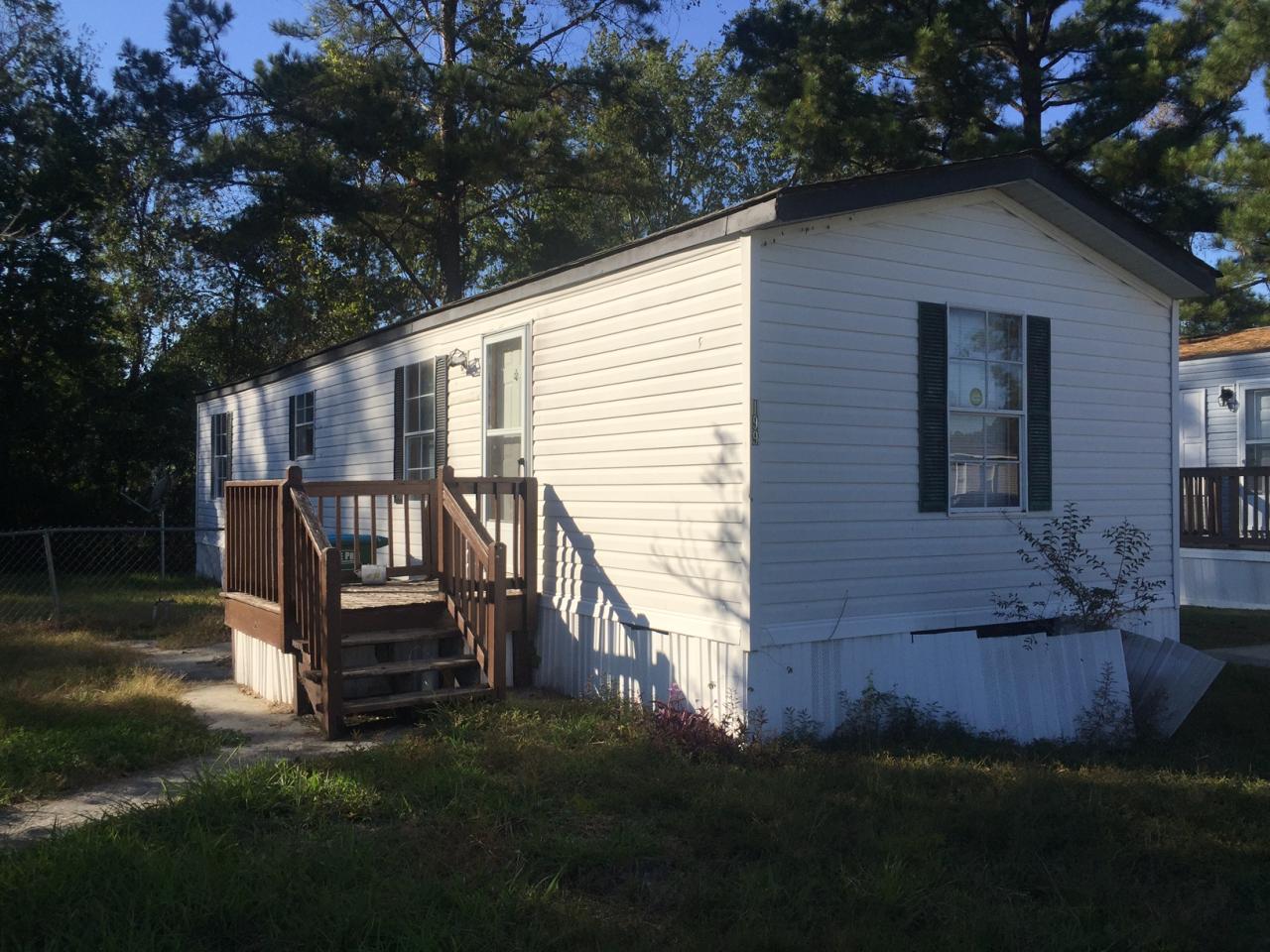Houses for Rent in Ontario A Comprehensive Guide
Houses for Rent in Ontario: A Market Overview
Houses for rent in ontario – The Ontario rental market is dynamic and diverse, influenced by a range of factors including population growth, economic conditions, and government policies. Rental costs vary significantly across the province, reflecting differences in location, property type, and amenities. This overview provides insights into the current state of the market, helping prospective tenants navigate the process of finding a suitable rental property.
Ontario Rental Market Trends
Ontario’s rental market is currently characterized by high demand and relatively tight supply, particularly in major urban centers. This has led to increased rental prices in many areas. Factors contributing to this include population growth, particularly in Toronto and surrounding areas, limited new housing construction, and increasing numbers of renters choosing to rent rather than buy. Government regulations and policies also play a significant role in shaping the market, influencing both rental prices and tenant protections.
Geographic Variations in Rental Costs
Rental costs vary considerably across Ontario. Major cities like Toronto, Ottawa, and Hamilton generally command higher rental rates than smaller towns and rural areas. Proximity to employment centers, amenities, and public transportation significantly impacts rental prices. Areas experiencing rapid population growth or significant economic development often see faster increases in rental costs.
Comparison of Rental Markets in Major Cities and Smaller Towns
The rental markets in Toronto, Ottawa, and Hamilton differ significantly from those in smaller towns and rural areas. Major cities offer a wider variety of rental properties, but competition for desirable units is fierce, leading to higher prices. Smaller towns and rural areas generally have lower rental costs but may offer fewer property choices and amenities. Transportation access and proximity to services are also key factors to consider.
| City | Apartment (1 Bedroom) | Townhouse (2 Bedroom) | Single-Family Home (3 Bedroom) |
|---|---|---|---|
| Toronto | $2,200 – $3,000 | $3,000 – $4,500 | $4,500 – $7,000+ |
| Ottawa | $1,800 – $2,500 | $2,500 – $3,800 | $3,500 – $5,500 |
| Hamilton | $1,600 – $2,200 | $2,200 – $3,500 | $3,000 – $5,000 |
Property Types and Features in Ontario
Ontario offers a diverse range of rental properties to suit various needs and budgets. Understanding the different types of properties, their features, and typical lease terms is crucial for prospective tenants. Factors such as location, size, amenities, and property condition significantly influence rental prices.
Types of Rental Properties and Their Features
| Property Type | Typical Features |
|---|---|
| Apartment |
|
| Townhouse |
|
| Single-Family Home |
|
| Basement Apartment |
|
Lease Terms and Conditions
Standard lease terms in Ontario are typically one year, although shorter-term leases are sometimes available. Lease agreements Artikel the rights and responsibilities of both landlords and tenants, including rent payments, maintenance responsibilities, and notice periods. It’s essential to carefully review the lease agreement before signing.
Tenant Rights and Responsibilities in Ontario
Understanding tenant rights and responsibilities is vital for a positive rental experience. Ontario’s Residential Tenancies Act provides a framework for protecting tenants’ rights and outlining landlords’ obligations. Knowing how to resolve disputes and address maintenance issues is crucial for tenants.
Tenant Rights and Responsibilities
- Right to quiet enjoyment of the premises
- Right to a safe and habitable unit
- Responsibility to pay rent on time
- Responsibility to maintain the unit in a clean and reasonable condition
Resolving Disputes and Addressing Maintenance Issues, Houses for rent in ontario
Disputes between landlords and tenants can be resolved through mediation or through the Landlord and Tenant Board. Tenants should document all maintenance requests and attempts to contact the landlord. If a landlord fails to address necessary repairs, tenants may have legal recourse.
Steps to Take When Encountering a Problem
- Document the problem (photos, videos)
- Notify the landlord in writing
- Keep records of all communication
- Consider mediation or the Landlord and Tenant Board if necessary
Finding and Securing a Rental Property in Ontario
Finding the right rental property involves a systematic approach, utilizing various resources and strategies. Thorough research and careful consideration of lease agreements are essential before committing to a rental property.
Finding the perfect house for rent in Ontario can be a challenge, especially with the diverse market and varying needs. However, expanding your search might yield better results; consider looking at options like those available in other regions, such as the selection of houses for rent in new locations, before settling on your final choice in Ontario.
Ultimately, a thorough search across various areas will help secure the ideal rental property.
Steps to Finding a Rental Property
- Determine your budget and desired location
- Utilize online resources (e.g., Kijiji, Rentals.ca)
- Contact real estate agents
- Visit properties and conduct thorough inspections
- Review the lease agreement carefully before signing
Application Process and Required Documents
Applying for a rental property typically involves submitting a rental application form, providing references, and providing proof of income and identification. Landlords may conduct credit and background checks.
Cost Considerations Beyond Rent
Beyond the monthly rent, several other costs are associated with renting a property in Ontario. Understanding these additional expenses is crucial for budgeting and financial planning. A comparison of renting versus buying can help determine the most financially viable option.
Additional Rental Costs

Source: rdcpix.com
These include utilities (electricity, water, gas, internet), renter’s insurance, and moving expenses. The cost of utilities can vary depending on the size of the unit and energy consumption habits. Renter’s insurance protects tenants’ belongings in case of damage or theft.
Renting vs. Buying
The decision to rent versus buy depends on individual circumstances and financial goals. Renting offers flexibility and lower upfront costs, while buying offers long-term investment potential and potential tax benefits. A detailed financial analysis is recommended to determine the best option.
| Expense | Estimated Monthly Cost (Toronto Apartment) |
|---|---|
| Rent | $2,500 |
| Utilities | $300 |
| Internet | $75 |
| Renter’s Insurance | $25 |
Illustrative Examples of Rental Properties
The following examples showcase the diversity of rental properties available in Ontario, highlighting variations in location, size, features, and ideal tenants.
Example 1: Downtown Toronto Condo
A modern one-bedroom condo in downtown Toronto, close to public transportation and major employment centers. Features include a balcony, in-suite laundry, and access to building amenities. Ideal tenant: Young professional or couple seeking urban living.
Example 2: Suburban Townhouse in Oakville
A spacious two-bedroom townhouse in a family-friendly neighborhood in Oakville. Features include a private backyard, attached garage, and proximity to schools and parks. Ideal tenant: Family or couple seeking a comfortable suburban lifestyle.
Example 3: Rural Cottage near Lake Huron

Source: amazonaws.com
A charming three-bedroom cottage near Lake Huron, perfect for those seeking a peaceful escape. Features include a large deck, lake access, and stunning views. Ideal tenant: Individuals or families seeking a tranquil setting and outdoor recreation.
User Queries: Houses For Rent In Ontario
What is the average deposit required for renting a house in Ontario?
The deposit amount varies depending on the landlord and property but is typically one or two months’ rent.
How long are lease terms typically in Ontario?
Lease terms are generally one year, but shorter or longer terms are sometimes possible.
What are my options if my landlord fails to maintain the property?
Contact your local tenant board or legal aid for assistance. You may be able to withhold rent or pursue legal action.
Can I break my lease early?
You can, but you may be liable for penalties as Artikeld in your lease agreement. Circumstances such as job relocation may be considered.




















